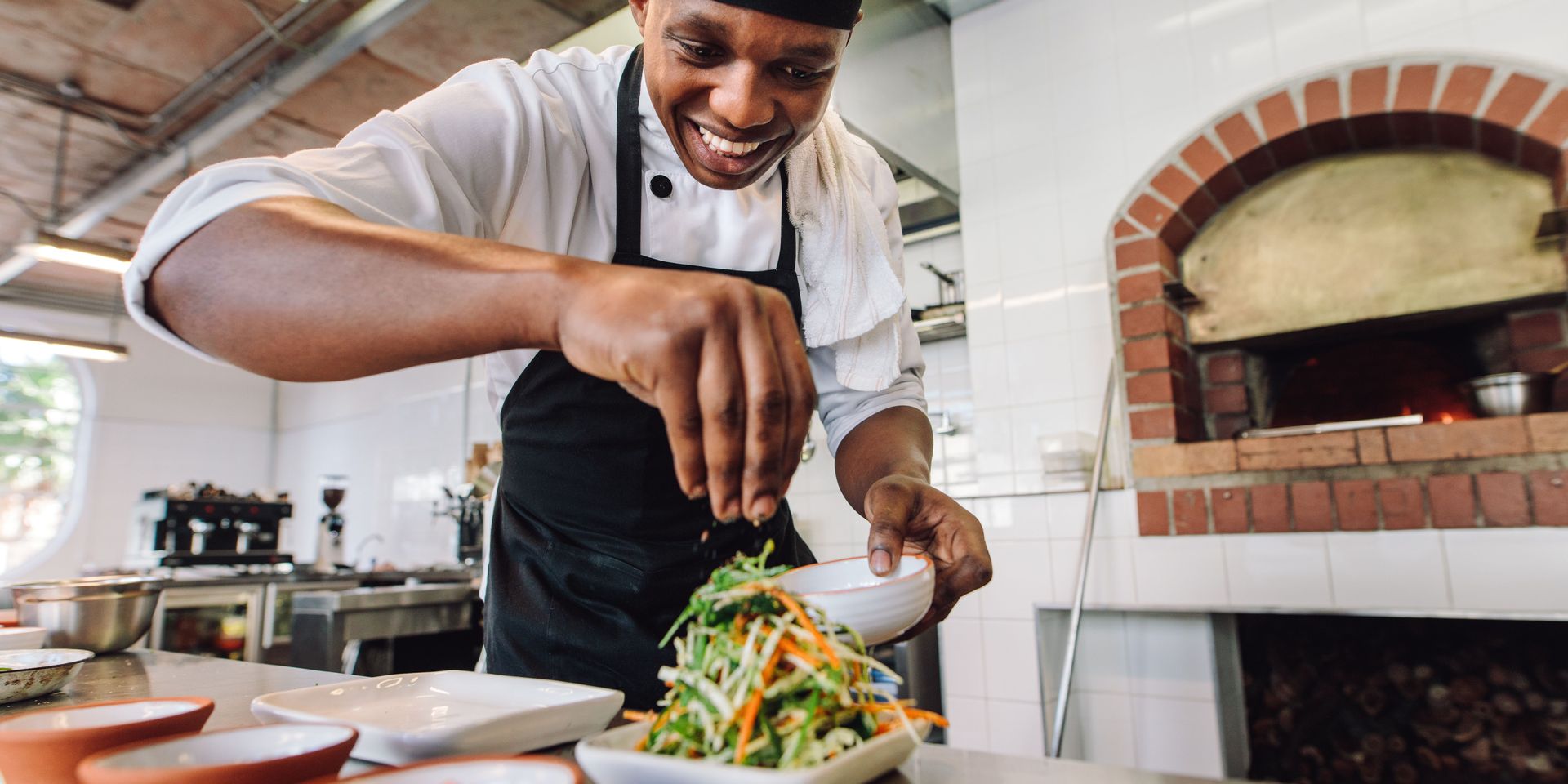It is advisable to have a CAP Cuisine (a professional cooking certificate), a Bac Pro Cuisine (a vocational high school diploma in cooking), or a BTS Hôtellerie-Restauration (an advanced vocational diploma in hotel and restaurant management) to acquire the technical and theoretical foundations of the profession. Mastery of hygiene standards, particularly HACCP, is essential. Professional experience, gained through internships or previous jobs, is highly valued.
Temporary work as a cook
Working as a temp cook offers great flexibility and the opportunity to diversify professional experiences. It allows one to work in different types of establishments, kitchens, and culinary cultures, thus enriching one's know-how and skills. It is also an excellent way to build a strong professional network, gain experience quickly, and discover new challenges. For those looking to advance or explore different facets of gastronomy, temp work can be an ideal springboard.
Salary
A beginner cook typically earns near the minimum wage, with increases as they gain experience, specialize, and depending on the establishment's reputation. An experienced cook can earn between €1,800 and €2,500 gross per month, or more in high-end establishments.
Working Conditions
Environment: Hot kitchen, constant noise, requiring physical endurance.
Hours: Irregular hours, working evenings, weekends, and holidays based on service periods.
Pace: Intense work during service times, with high stress during peak hours.
Career Prospects
The career advancement opportunities for a cook are diverse and varied. With experience, a cook can become a station chef, sous-chef, and eventually head chef, taking responsibility for the entire kitchen of an establishment. Other paths include specializing in a specific type of cuisine, culinary teaching, or opening one's own establishment. The temp sector can also open doors to unique opportunities, such as working in prestigious places or abroad.



